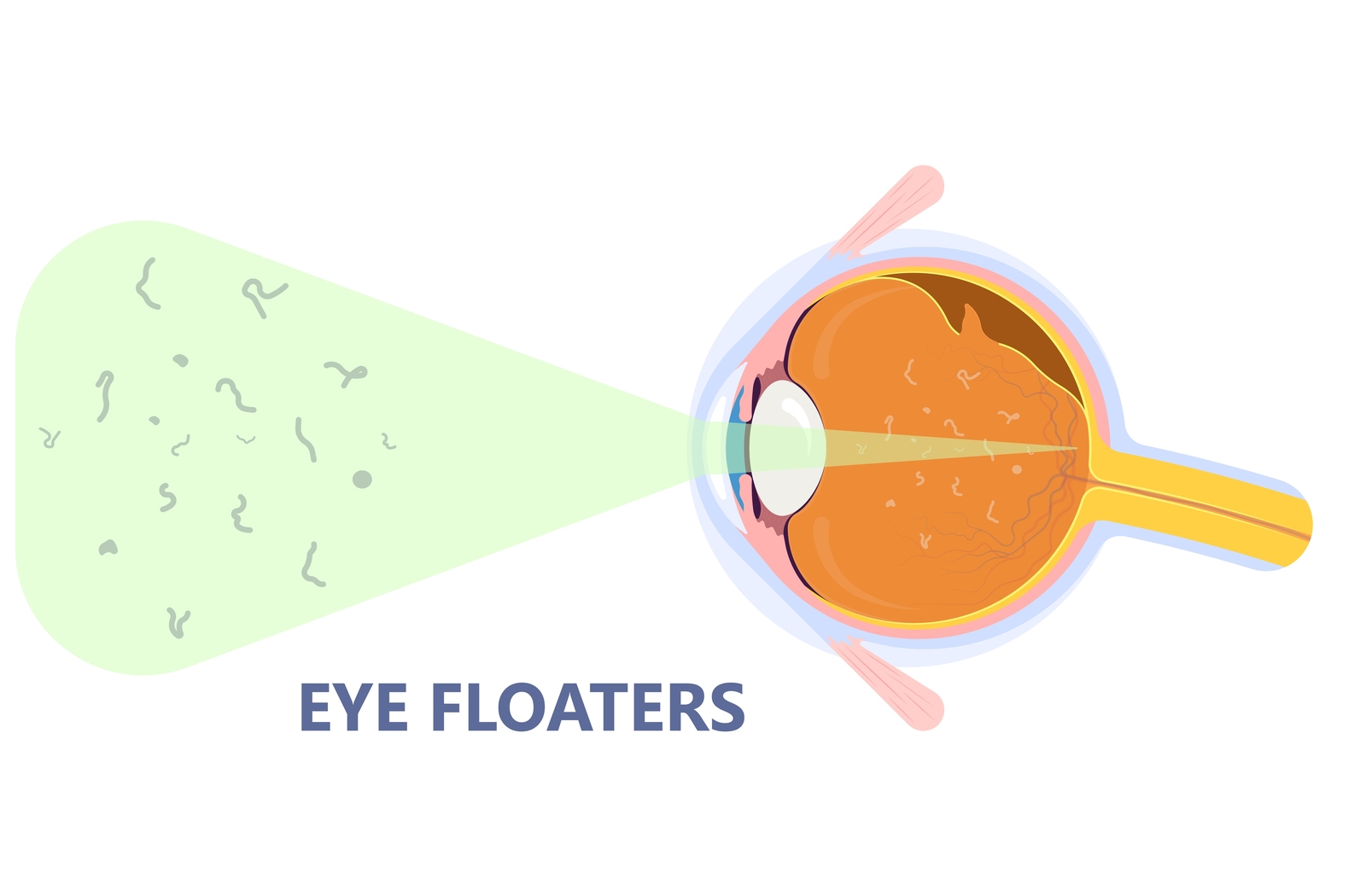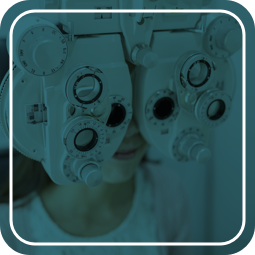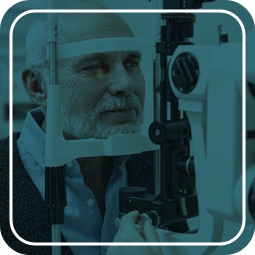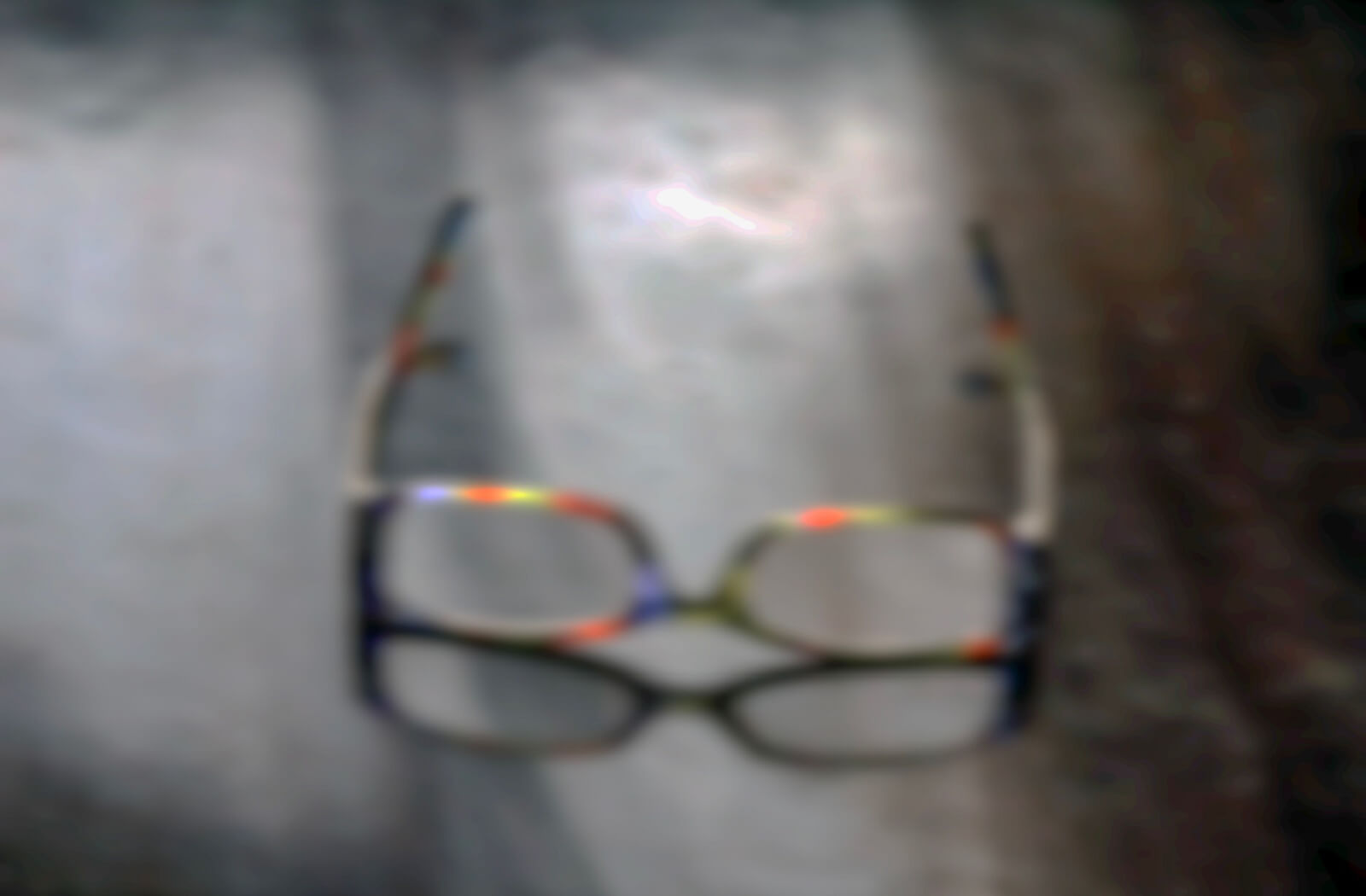What Doctor Do I See for Eye Floaters?
Eyecare is an essential part of everyday life, whether that means keeping up with your eye exams or needing any specialty eye care procedures. An aspect of taking care of your eyes is dealing with any issues that may come up and consulting your optometrist about it.
One of these issues that may come up is eye floaters.
Let’s explore what eye floaters are, the causes, what doctor to see if you get them, and how to treat them.
What Are Eye Floaters?
Eye floaters are tiny specks or strings that can float into your field of vision. These eye floaters can be a nuisance but normally do not cause any pain or discomfort.
The appearance of eye floaters may come in the form of:
- Shadowy dots or specks
- Small lines
- Rings
- Cobweb shapes
- Other irregular shapes
They can vary in size, and occasionally a large floater may appear and cast a shadow over your vision, resulting in a dark spot in your sight.
Eye floaters are inside your eye fluid—they move as your eyes move and may appear in only one eye or both. Even if floaters are tiny, they can significantly affect your vision, as they are very close to the input of your eye.
Eye Floater Causes
Eye floaters are natural due to the eye’s vitreous body – the vitreous provides physical support, lining the inside of the eye and acts as a storage zone for metabolites. It is a complex meshwork made of fibers that feels like a jelly-like substance.
When the vitreous begins to shrink, the fibers can clump together which creates shadows in our vision. As the small fibers clump become entangled, small masses or thick string-like masses can develop and cast tiny shadows in the eye, making the floaters noticeable.
Eye floaters are a normal part of the aging process and are more common after the age of 60.
Anyone can get eye floaters at some point, but because they’re relatively painless and shouldn’t cause you much discomfort, they are ignored.
Some less common causes of eye floaters include:
- Eye injury—if the eye is hit or damaged by an object during an accident, you may experience eye floaters.
- Nearsightedness—nearsighted people can experience eye floaters more frequently.
- Inflammation—swelling and inflammation in the eye caused by infection may cause eye floaters.
- Diabetic retinopathy—diabetes can damage blood vessels that lead to the retina. When those blood vessels become damaged, the retina may struggle to interpret the images and lights hitting it.
The causes of eye floaters can vary, but usually, people allow them to linger because of the low level of discomfort.
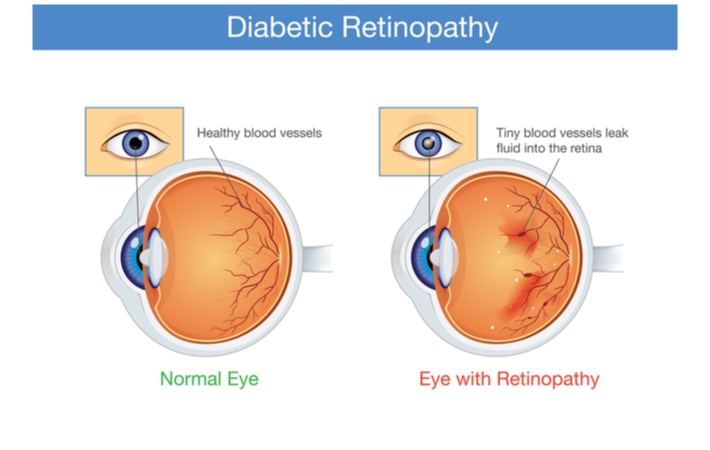
Treating Eye Floaters
Eye floaters don’t require treatment in most cases. However, they can be irritating when you notice them—they don’t directly negatively impact your vision. In most cases, eye floaters settle down to the bottom of your eye, beneath the field of vision.
However, there are certain situations when eye floaters can be considered an emergency. You should contact your optometrist or ophthalmologist and get treatment.
If you see eye floaters and:
- They begin occurring more frequently, or the floater changes in intensity, size, or shape
- You see flashes of light
- You lose your peripheral vision
- You develop eye pain
- You have blurred vision or loss of vision
- You develop light sensitivity
These symptoms combined with eye floaters may be a sign of more dangerous conditions such as:
- Vitreous detachment
- Vitreous hemorrhage
- Retinal tear
- Retinal detachment
- Anterior or Posterior segment inflammation
Most eye floaters will not require any treatment, and they can be a nuisance and rarely signal a more serious problem.
However, eye floaters can impair your vision, particularly if the underlying condition worsens. If your condition worsens, your optometrist or ophthalmologist may recommend treatment in the form of laser removal or surgery.
Optometrists and ophthalmologists work together to deliver the best possible treatment for you.
Treating eye floaters depends on severity.
Taking Care of Your Vision
Even though most instances of eye floaters do not require treatment, you may feel problematic symptoms developing in some cases. At that point, it’s best to get in touch with your optometrist and explore your options to treat any issues. Book an appointment with your Ottawa optometrist today for more information.

